Latin America holds 33% of the world’s renewable water resources. However, just because the region possesses renewable water does not necessarily mean it reaches the entire population. There is much need for but insufficient access to, clean and sanitised drinking water; essential for preventing disease and maintaining a healthy lifestyle.
In Latin America, there are 77 million inhabitants that have zero access to clean and sanitised water.
We had the pleasure of speaking with Nicolás Wertheimer, founder of the Proyecto Agua Segura, a socio-environmental company that responds to both the environmental and social water crisis in the following ways:
1. Innovation. Implementing a high-tech system for the ultrafiltration of water (Lifestraw Community Technology) which makes it possible for families, communities, and schools to have safe/clean water. They do this from a comprehensive approach that combines technology with interventions in the territory, while promoting real empowerment of the people involved.
2. Educational exchange. Through the implementation of workshops and training aimed at various audiences (i.e., adolescents, community leaders, and companies), they ultimately carry out training sessions on water and environmental care issues. With this overall objective, this knowledge is used to inform the communities and make sure that the information on water and environmental issues remains with them by improving and ensuring their own quality of life.
3. Infrastructure and research. They implement works to generate new sources of access to water while protecting natural sources of freshwater. Furthermore, they also carry out samplings, surveys, and alliances for sustainable development.
They have managed to bring safe water to more than 123,000 people in the region (Argentina, Brazil, Chile, Colombia, Paraguay, and Uruguay).
This was made possible thanks working together in collaboration with more than 130 private and social organisations, and governments (local and national). They have conducted more than 1,200 hygiene and water care workshops with more than 1,100 schools and more than 3,300 families from over 430 communities.
Nicolás has informed us that these past few years have thrown some adversities at him as well as some major learning curves along the way:
The first lesson learned was the value of articulation.
Specifically, in order to generate significant and long-term changes, it is necessary to have the involvement of all sectors (in this case, companies, governments and social organizations) and manage that articulation. Networking is the path that can lead to creating a more positive impact.
Nevertheless, the main challenge is to not lose focus.
The issue of water is a very broad topic, and the crisis is global. Thus, it can be approached in numerous ways (i.e water treatment, through supply and WASH (Water, Sanitation and Hygiene). Agua Segura focus on the importance of access and WASH in rural and vulnerable communities, along with generating environmental awareness.


